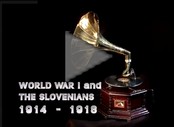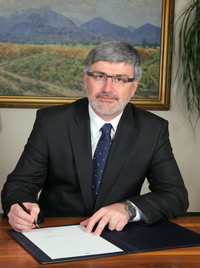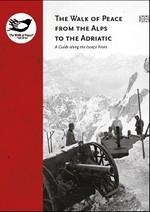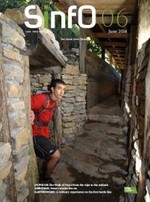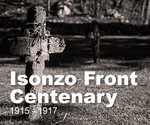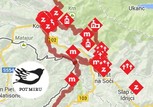Address by Roman Jakič, former Minister of Defence and former President of the National Committee for the 100th Anniversary of the First World War (2014–2018)
The World War fought between 1914 and 1918 left a lasting imprint on human memory. Although the first-hand witnesses of the First World War have left us and even the next generation has few members remaining, the memories persist and the war continues to be perceived as a central experience of the 20th century. The contemporaries also saw it as sowing the seeds for the second global conflict which followed two decades later. The First World War started out as a European conflict but had global consequences and has therefore been described in modern texts as a global catastrophe. It caused multinational and colonial empires to break up into new nation states, which also brought new ethnic conflicts. The millions of civilians exiled by the war were joined by millions more uprooted by new borders, and radical nationalisms emerged to reign in the first decades of the 20th century. The First World War thus destroyed the belief in lasting peace that had prevailed at the outset of the century.
The diversity of experience lived by Slovenian people during the First World War was among the broadest of all European nations. The developments in the military and civilian spheres, which entwined throughout the global conflict, brought Slovenians complex and heterogeneous experiences. The war prompted numerous processes, such as the promotion of literacy, understanding and mixing among various cultures, languages, religions, customs and traditions, and the emergence of different attitudes towards war itself. The face of Slovenia’s urban and rural areas also changed: the cities became centres and crossroads where a multitude of factors converged to influence the lives of Slovenian soldiers on the battlefields and civilians at home, in exile and in internment.
The First World War was, in short, a turning point in the history of Slovenian military tradition and in shaping the awareness and idea of the Slovenian army as one of the cornerstones of a mature nation – as a process of national emancipation necessarily entails an articulated awareness of the national army. This awareness had been formed through the experience of the First World War and became reality when Slovenia won its independence and established the Slovenian Armed Forces.
In 2014, many European countries will mark the 100th anniversary of the start of the First World War with commemorative ceremonies and other events to strengthen the common European awareness of the necessity to overcome the divisions that plunged Europe into war in 1914 and also to reinforce the collective remembrance of the processes and events that unfolded a century ago. The Republic of Slovenia is playing an active role in this, and the Government has established a National Committee for the 100th Anniversary of the First World War (2014–2018). The committee is tasked with ensuring the coordinated work of numerous institutions, societies and committees that will commemorate various WWI centenaries throughout the four-year period; it will organise or co-organise annual central national ceremonies and join up with Slovenian representations abroad and foreign representations in the Republic of Slovenia and establish links with similar foreign committees with a view to implementing joint projects. A common visual identity for commemorative events and the committee's website will strengthen the public visibility of centenary commemorations marking many of the events of the First World War at the national and international levels; it will thus actively contribute towards collective remembrance, and awareness of the events of the First World War, which were genuine watersheds of Slovenian history.
